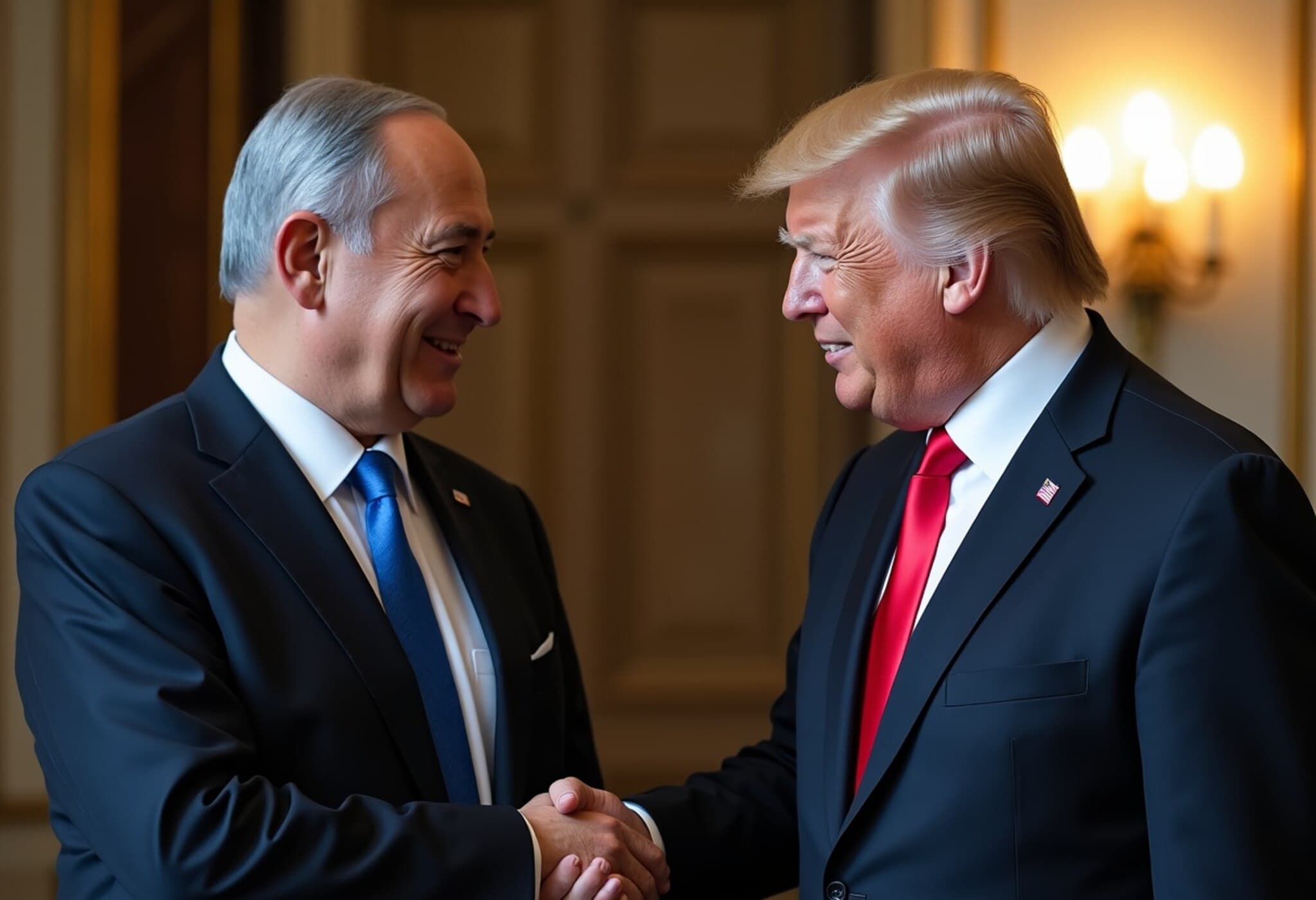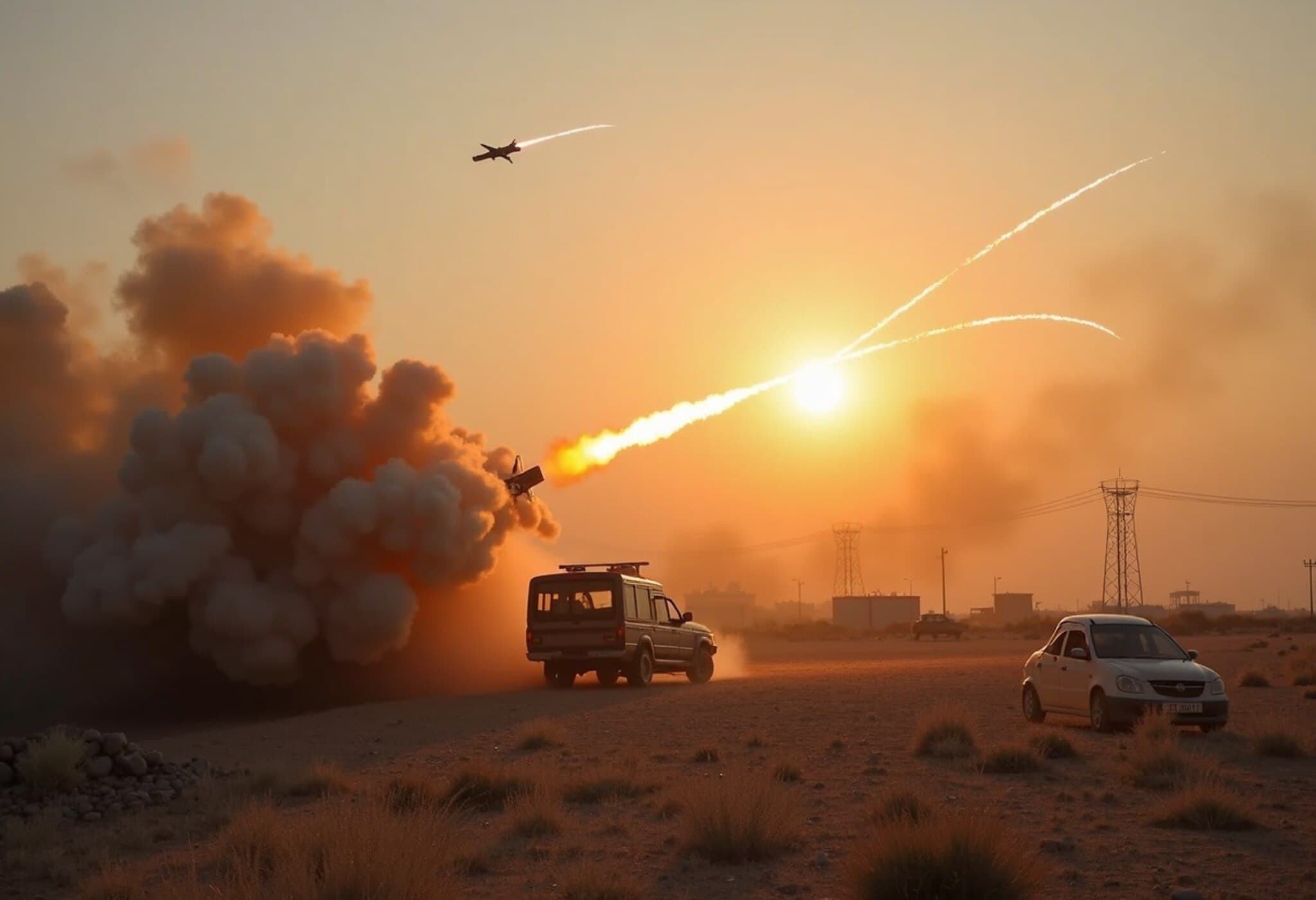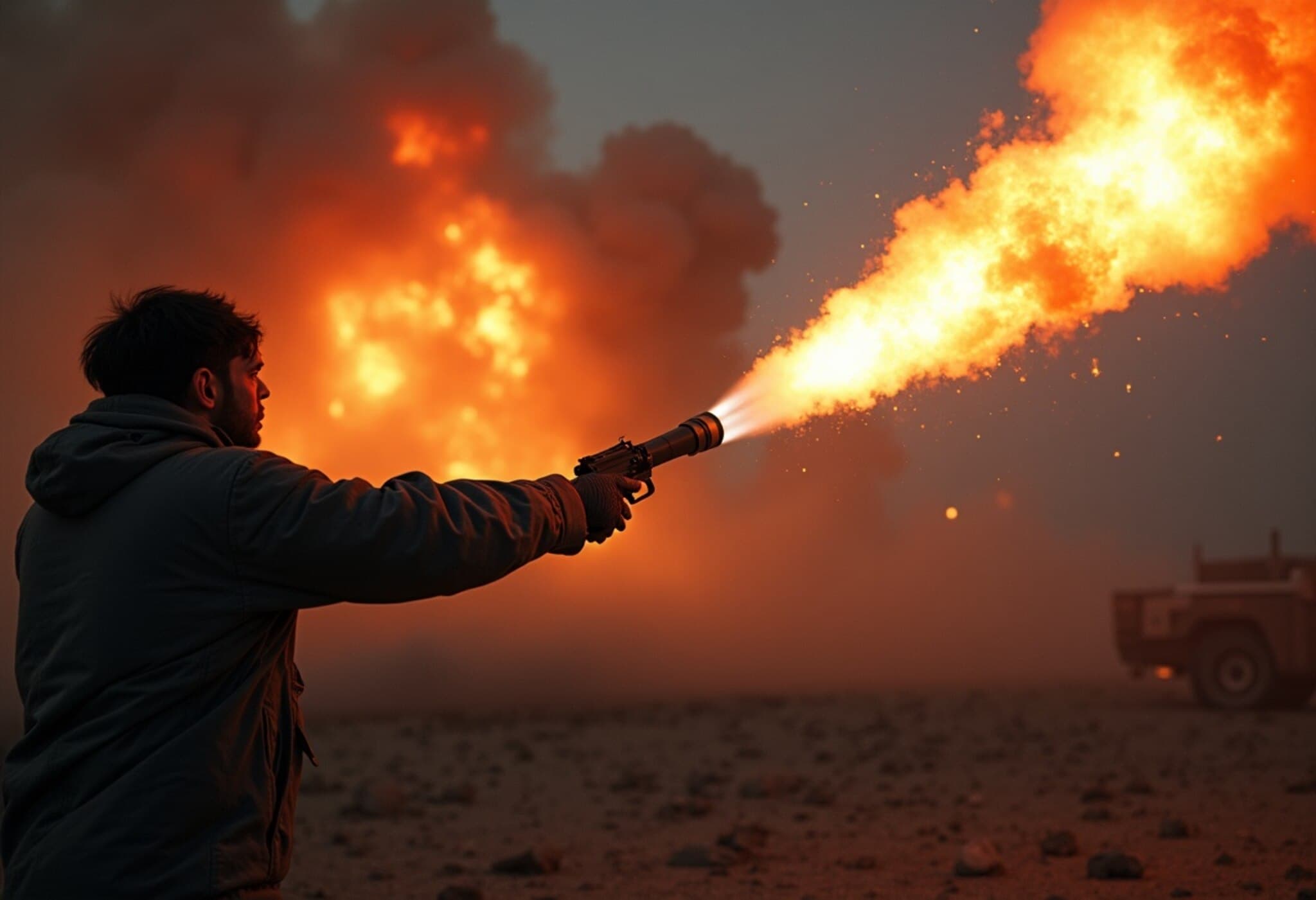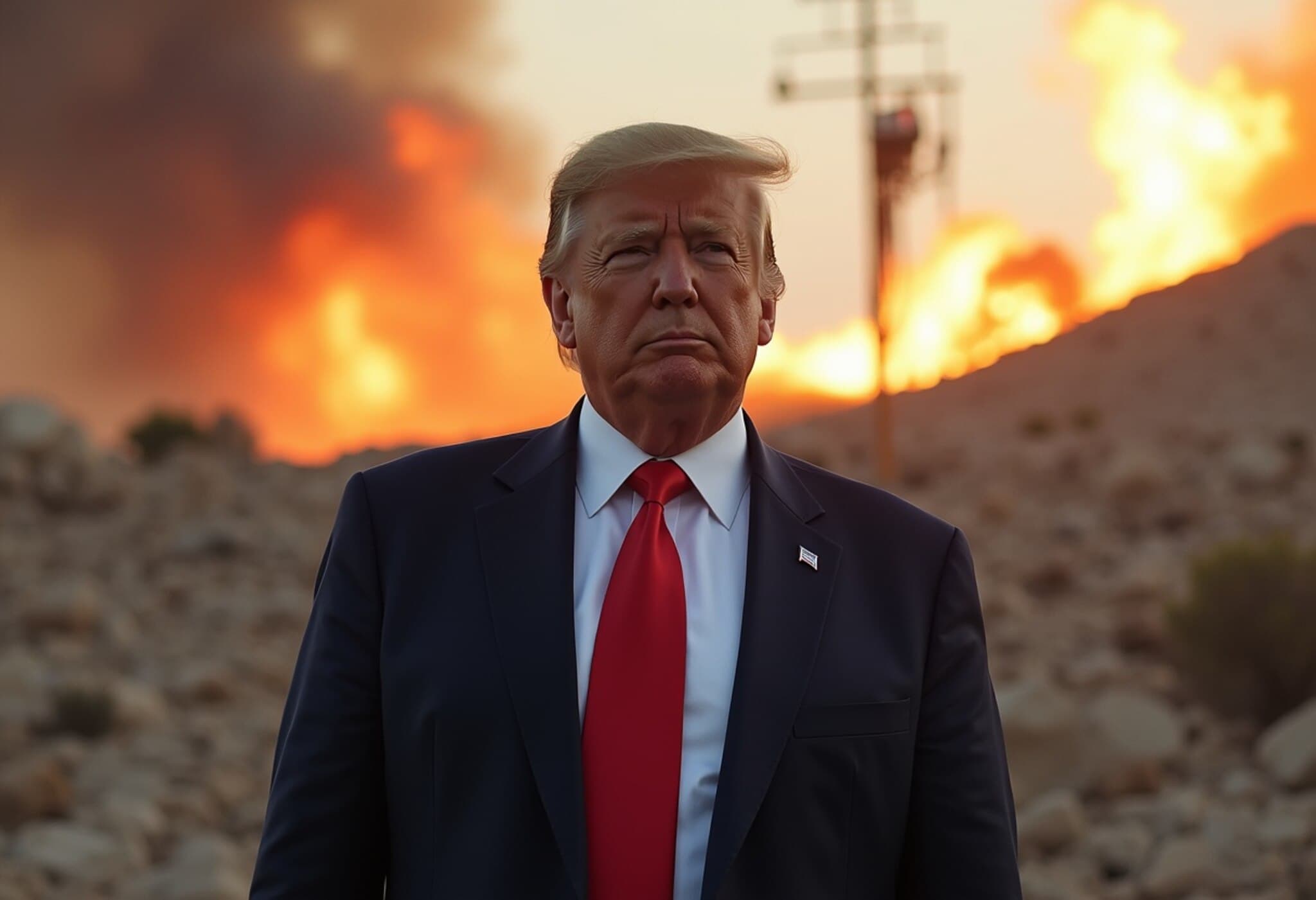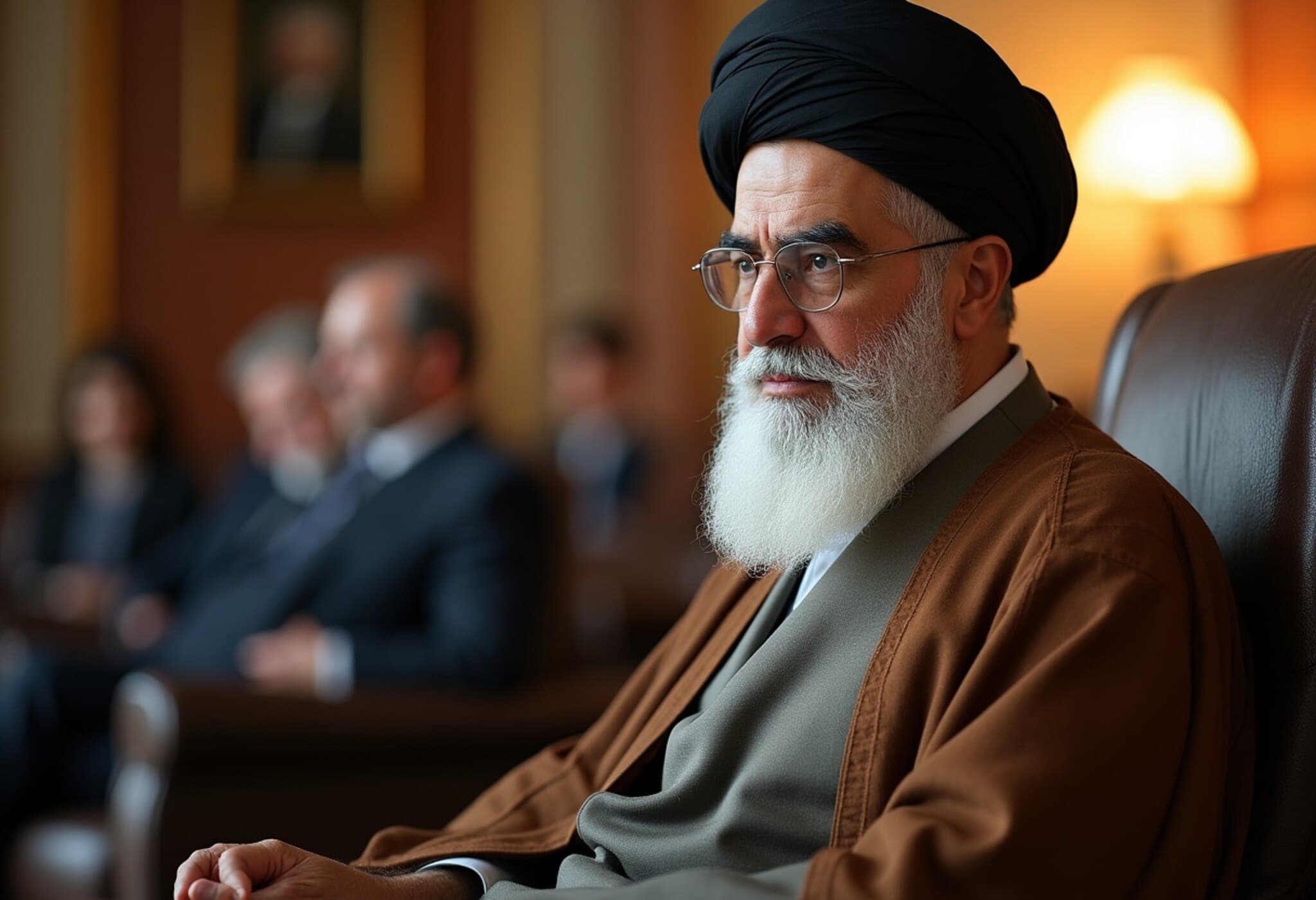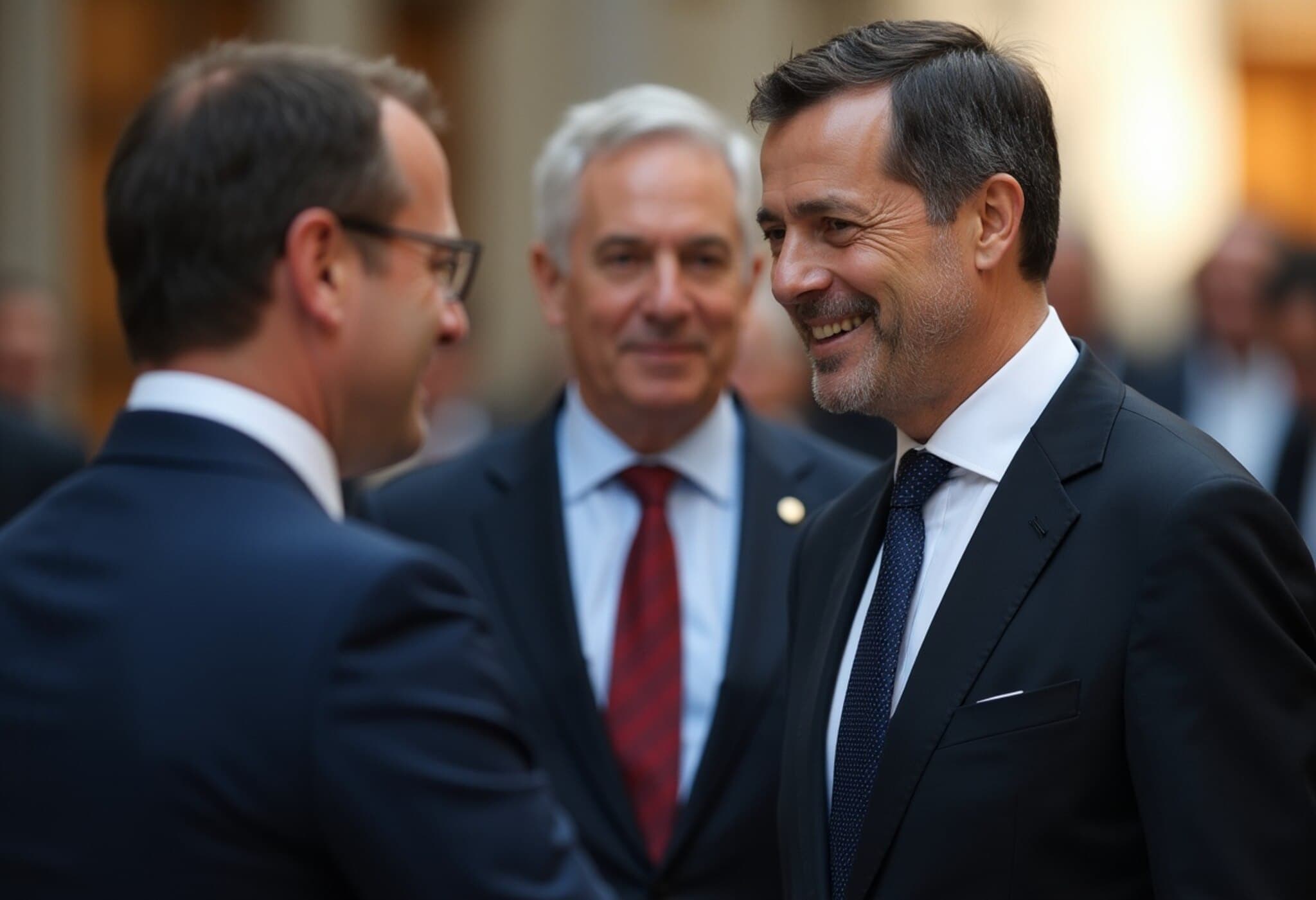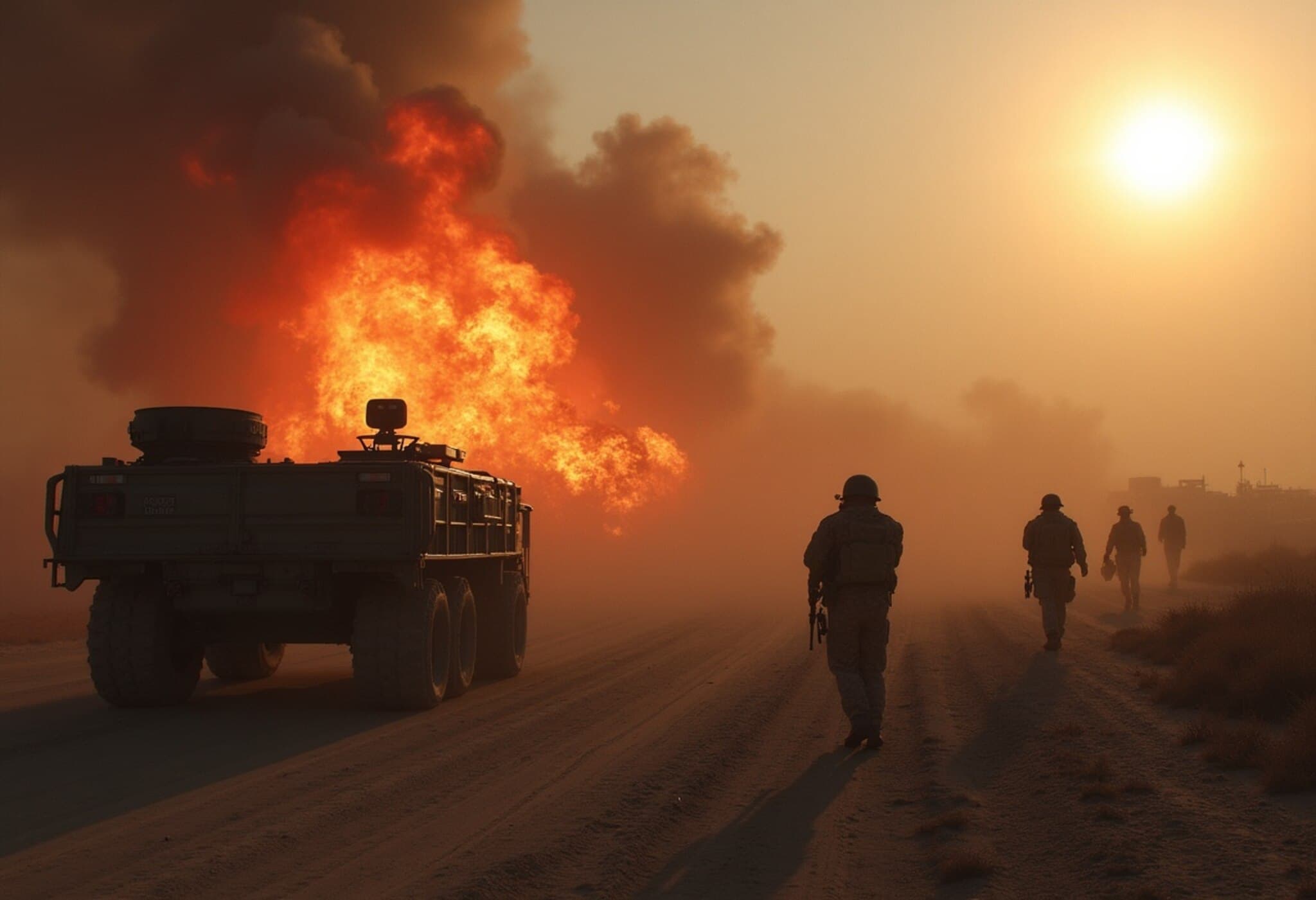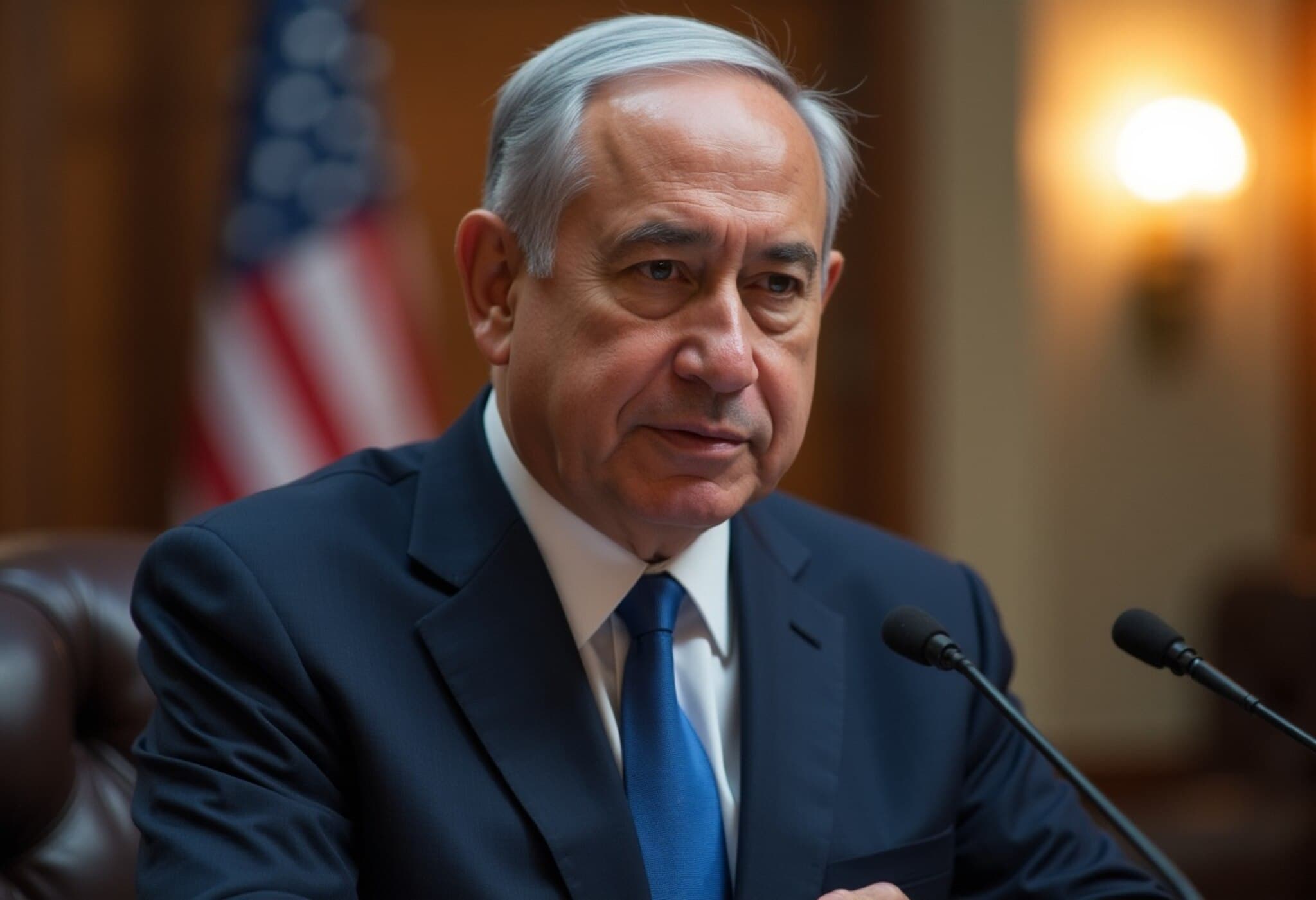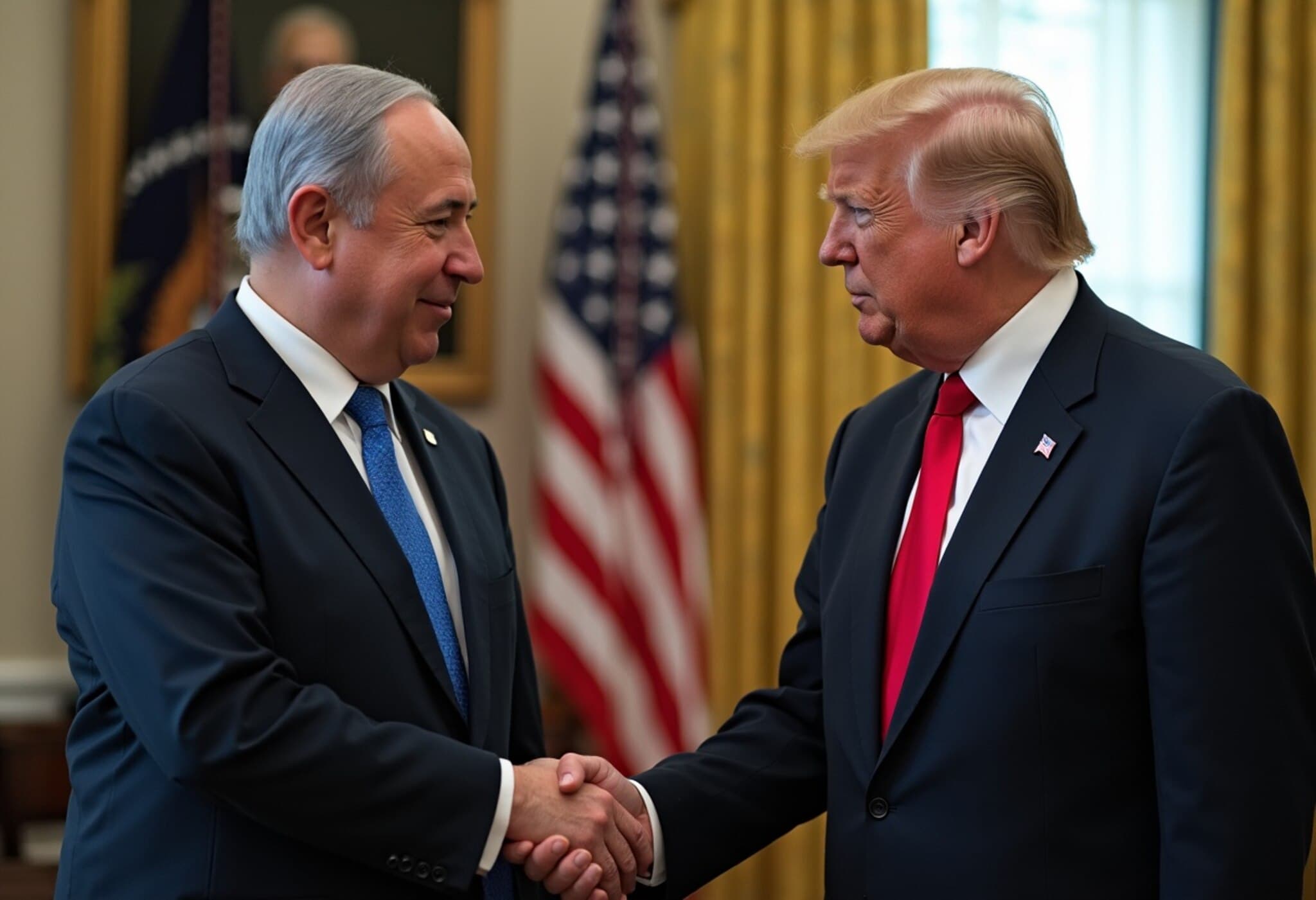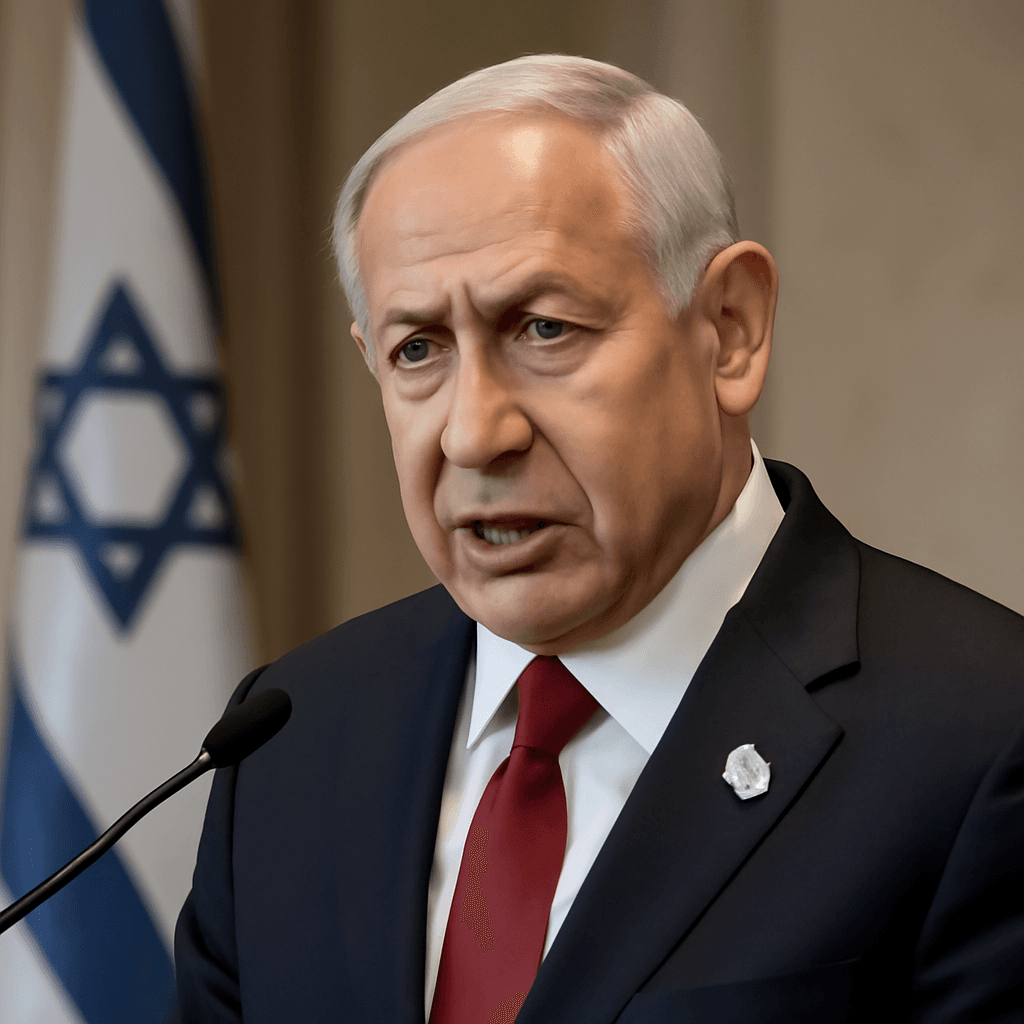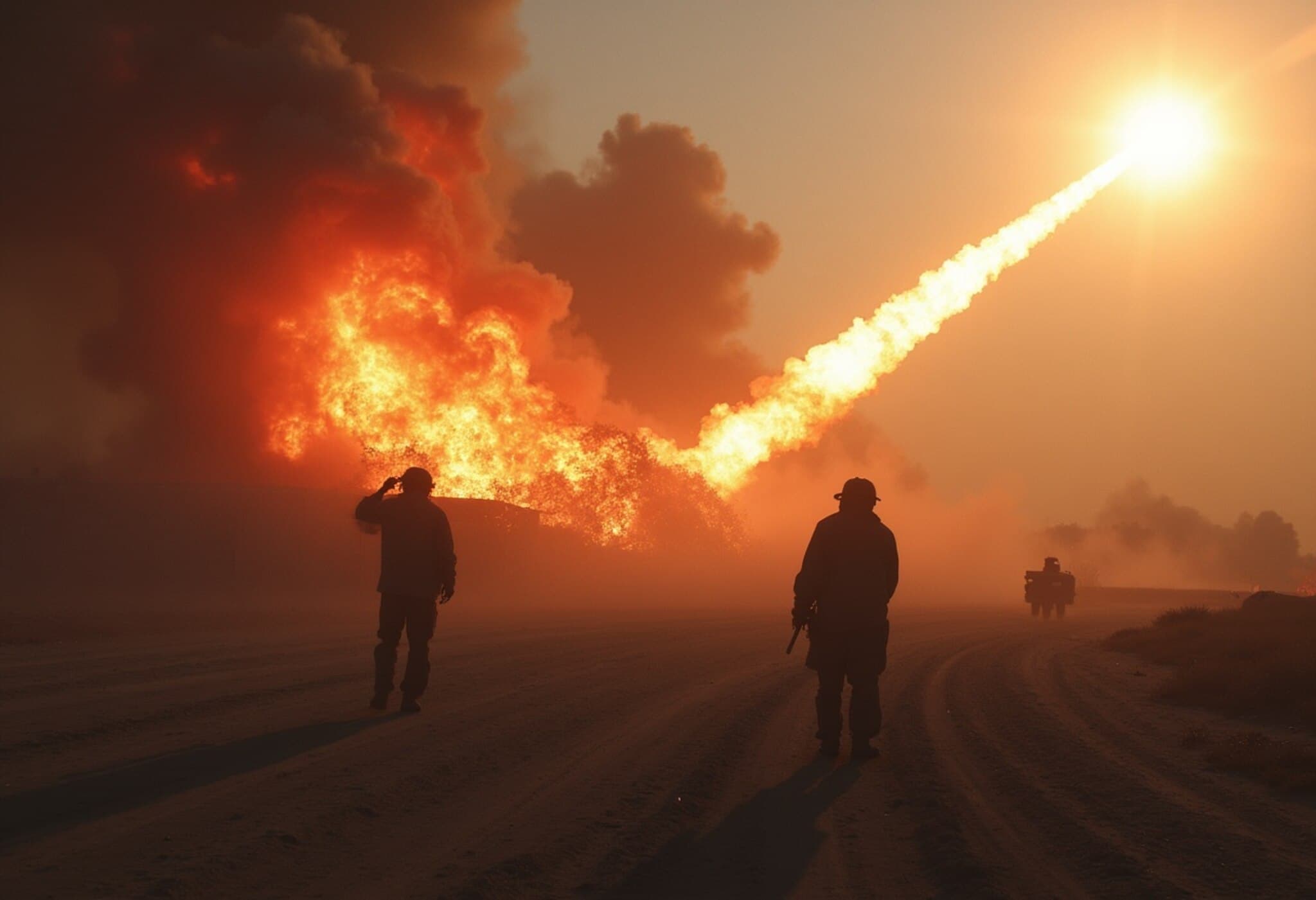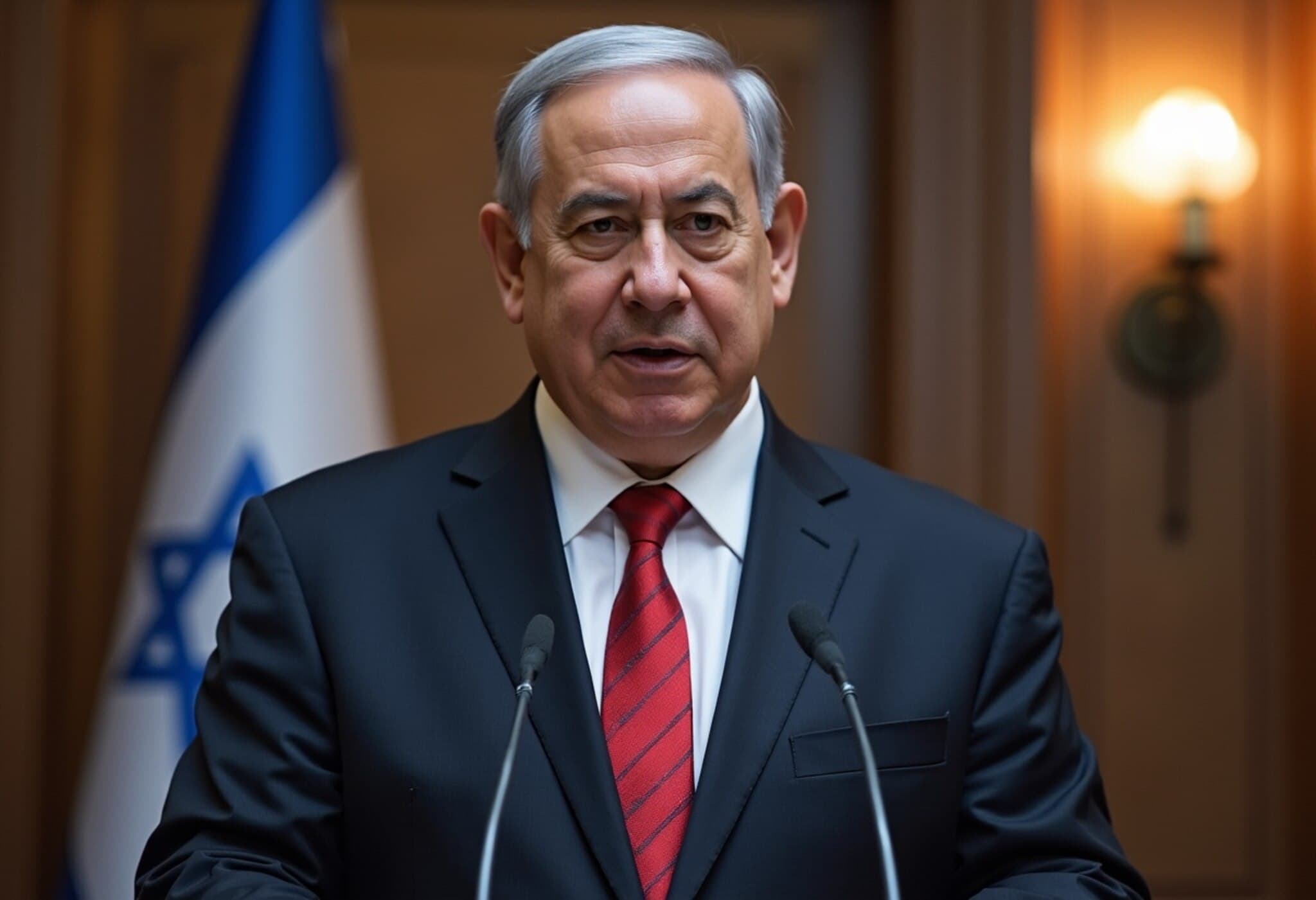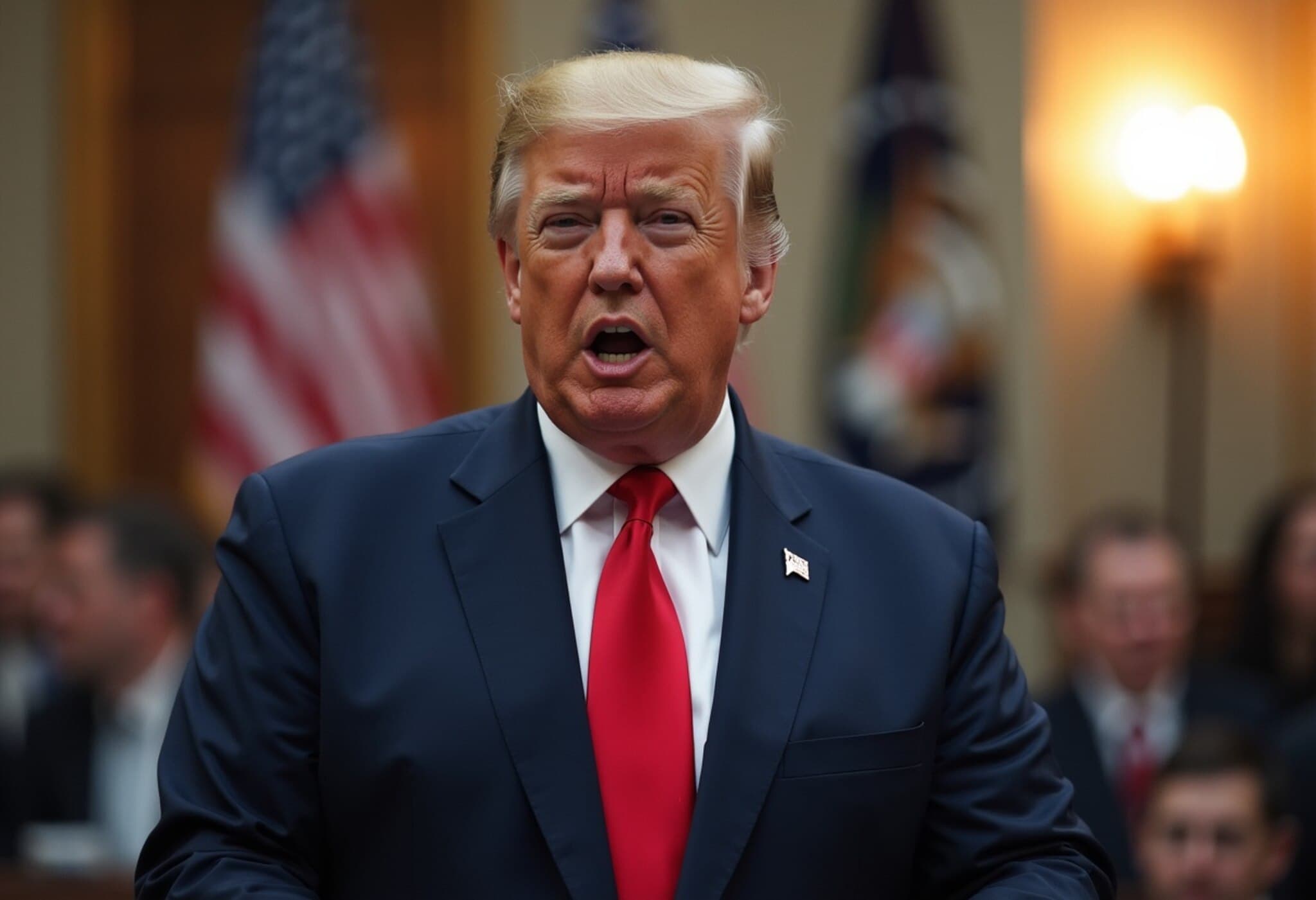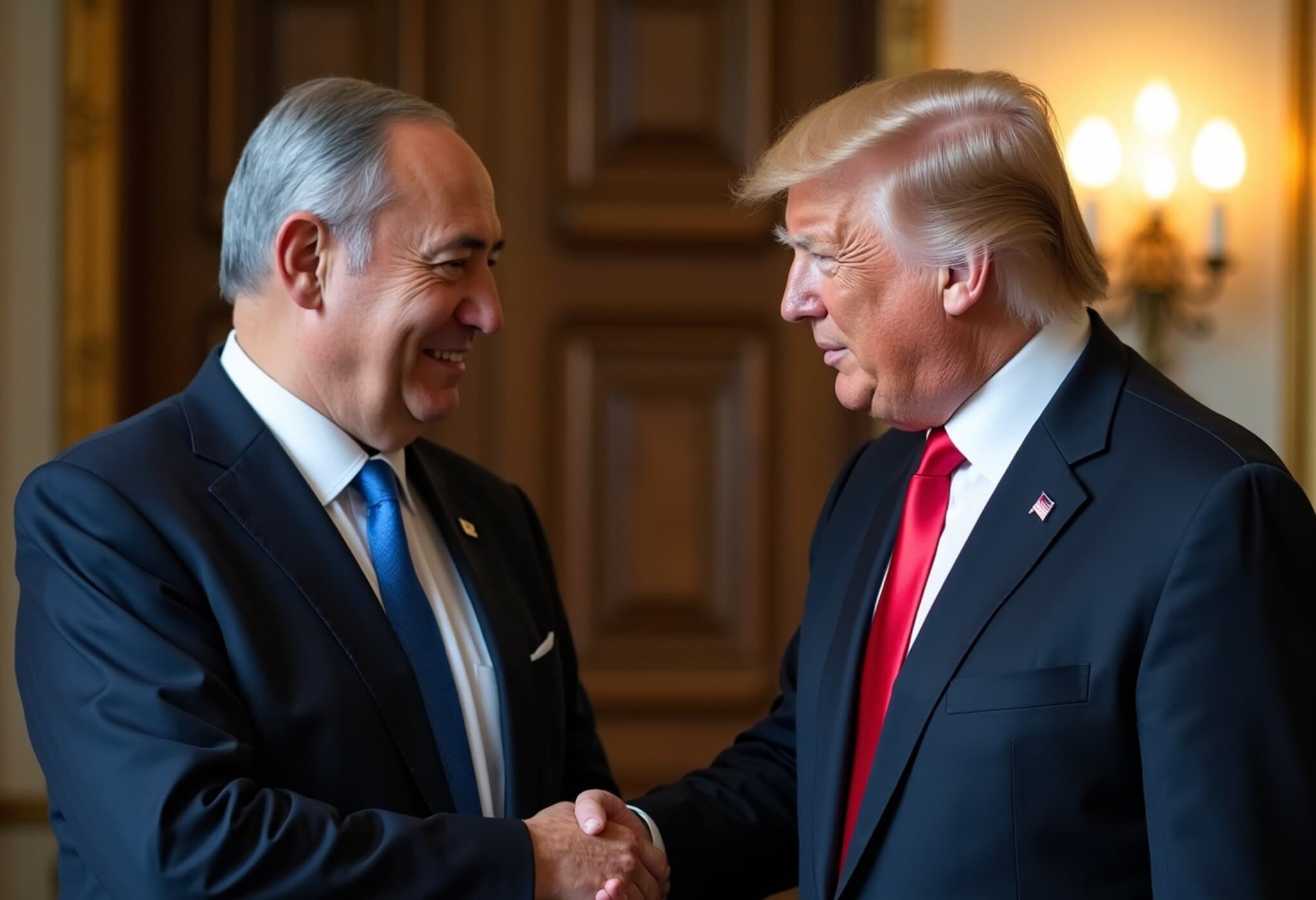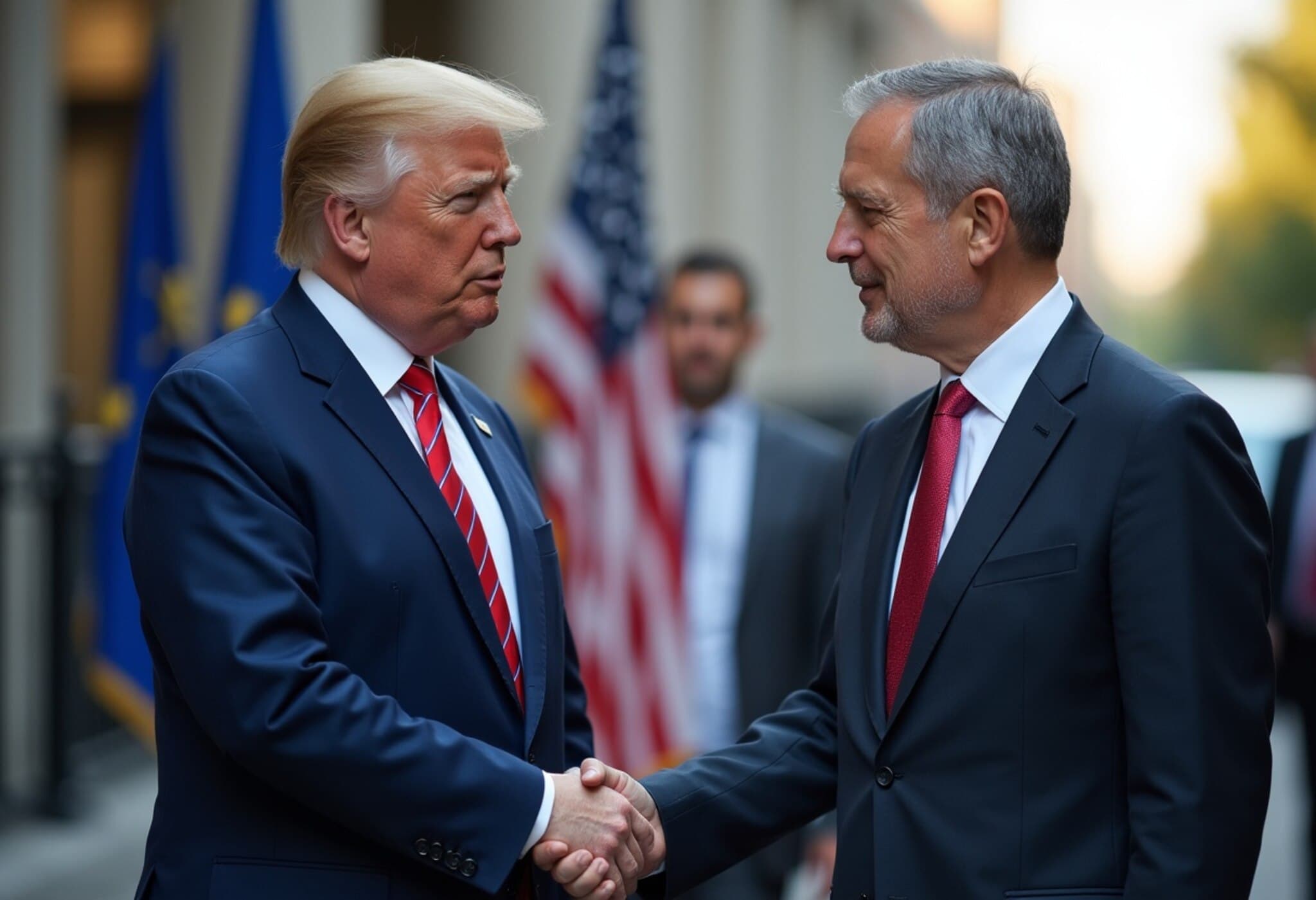Netanyahu and Trump Hold Back-to-Back Talks Centered on Gaza Hostages
In a renewed display of close diplomatic coordination, Israeli Prime Minister Benjamin Netanyahu met with former US President Donald Trump twice over two days in Washington, D.C., underscoring a shared priority: the urgent release of hostages held in Gaza. Netanyahu, on his third trip to the US since Trump’s political resurgence, emphasized the seriousness of their discussions on Wednesday, highlighting the ongoing military operation aimed at undermining Hamas’s control and ensuring regional security.
Determination Amidst Costly Conflict
Addressing reporters at the U.S. Capitol following a meeting with House Speaker Mike Johnson, Netanyahu conveyed a sober yet resolute message. “We are not relenting on freeing our hostages for a moment,” he said, acknowledging the painful sacrifices made by Israeli soldiers engaged in the conflict. His words painted a complex picture of military pressure balanced against humanitarian urgency.
“Regrettably, this effort comes at painful costs, with the loss of our finest sons,” Netanyahu added, paying tribute to fallen soldiers who have become symbols of national sacrifice. The prime minister reiterated his commitment to eradicate Hamas’s military and governmental infrastructure in Gaza, aiming to prevent the territory from threatening Israel’s future peace.
Strategic Discussions on Iran and Regional Peace
Alongside hostage negotiations, the two leaders reviewed the broader geopolitical landscape, notably deliberating joint US-Israel operations targeting Tehran. Netanyahu described these efforts as “the great victory we achieved over Iran,” pointing to the complex interplay between diplomatic pressure, security measures, and regional alliances.
Significantly, Netanyahu also spoke of expanding the Abraham Accords—landmark agreements that normalized relations between Israel and several Arab countries, including the UAE, Bahrain, Sudan, and Morocco—indicating ongoing efforts to foster peace across the Middle East with "full vigour."
Trump’s Surprise Nobel Peace Prize Nomination
Adding a historic twist to his visit, Netanyahu officially nominated Donald Trump for the Nobel Peace Prize, a move that caught the former president off guard. Presented during a White House dinner, the nomination praised Trump’s role in forging diplomatic breakthroughs and advancing peace, highlighting the administration’s legacy in the region.
Trump’s response was a mix of astonishment and gratitude: "Thank you very much. This I did not know. Coming from you in particular, this is very meaningful."
Contextual Analysis: The Stakes Beyond the Headlines
The Netanyahu-Trump meetings exemplify the enduring complexity of US-Israel relations and the broader Middle East peace process. Beyond the high-profile diplomacy, these talks reveal several critical dynamics:
- Hostage Crisis as a Diplomatic Pivot: The focus on freeing hostages emphasizes how humanitarian crises can drive international policy and military action.
- Regional Power Struggles: Iran remains a focal point of concern, with joint operations signaling escalated pressure but also risks of wider confrontation.
- Expanding Peace Frameworks: The Abraham Accords illustrate a shifting paradigm, where cooperation between Israel and Arab states hints at a slowly reconfigured Middle East political map.
- US Political Influence: Former President Trump’s involvement highlights how American leadership continues shaping geopolitics, even beyond official tenure.
Editor’s Note
This latest diplomatic chapter between Netanyahu and Trump spotlights the intertwined challenges of conflict resolution, regional security, and peace diplomacy. As the hostage situation unfolds amid military operations and political maneuvering, it raises urgent questions: How sustainable are these peace efforts under ongoing violence? Can expanded Arab-Israeli ties withstand broader geopolitical tensions? And what role will US leadership—current or former—play in steering the future of the Middle East? Readers are encouraged to ponder these dimensions as events continue to evolve.

